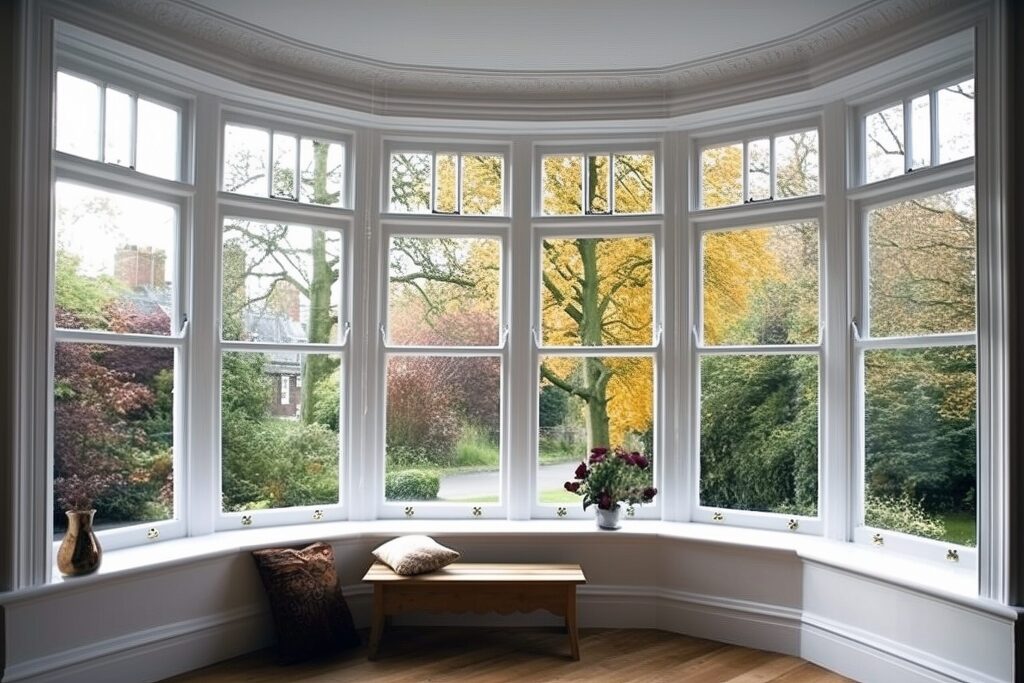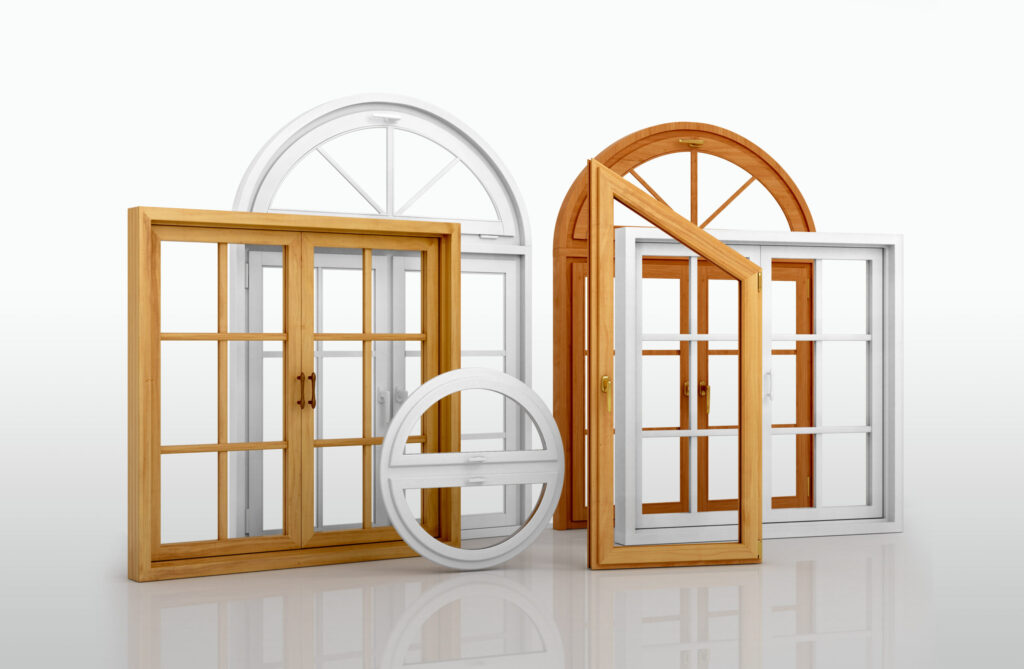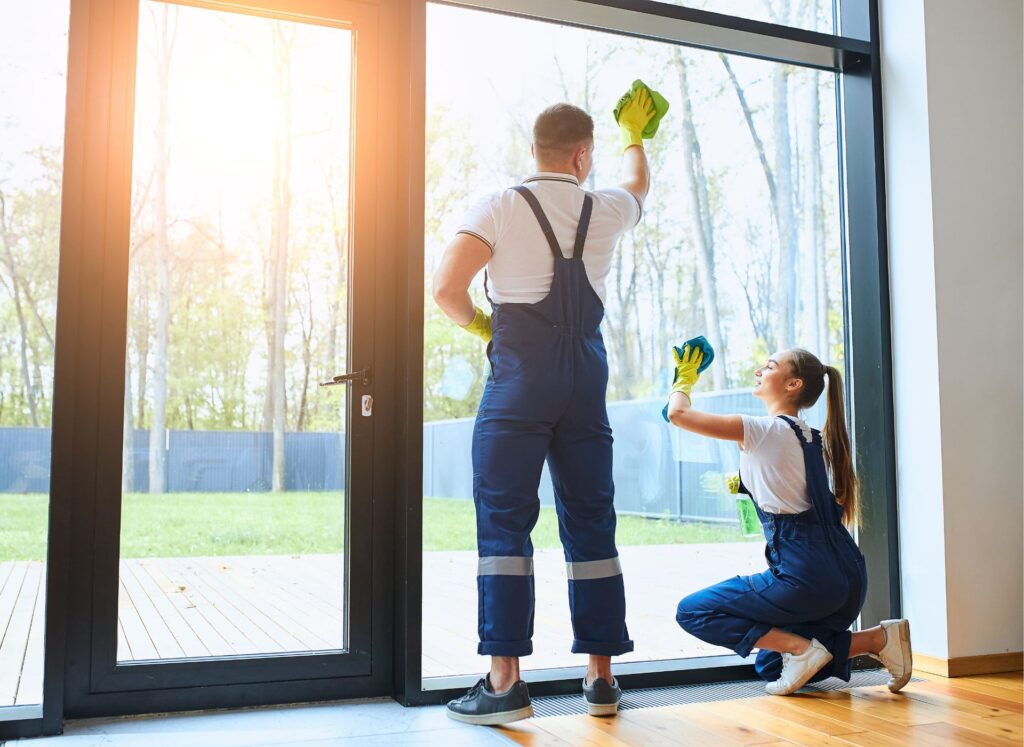When you’re making inquiries about windows in houses, it’s important to understand the various types, materials, and features that can impact your decision. Windows are more than just aesthetic elements; they play a critical role in energy efficiency, security, and overall comfort in your home. This guide will help you navigate the key factors to consider when selecting the right windows for your home.
Types of Windows for Homes: Which One Suits Your Needs?
Homeowners often inquire about the different types of windows available. Depending on your home’s architecture and personal preferences, you can choose from various window styles. Here are a few common options:
- Casement windows: Hinged on one side and open outward like a door. These are ideal for maximizing airflow and offer a clear view.
- Double-hung windows: These windows have two sashes that slide up and down, providing ventilation from either the top or bottom.
- Sliding windows: They open horizontally by sliding along a track, making them perfect for wide, shorter spaces.
- Bay and bow windows: These windows protrude from the house, adding space and allowing more natural light to enter.

When making inquiries about which type of window is best, consider factors like ventilation, space, and ease of operation.
Window Materials: Which is Best for Your Home?
Another common topic in inquiries about windows in houses is the material used in window construction. The material can affect the window’s durability, insulation properties, and overall maintenance requirements. Here’s a comparison of the most popular window materials:
| Material | Pros | Cons |
|---|---|---|
| Vinyl | Affordable, low maintenance, energy-efficient | Limited color options, may expand in extreme heat |
| Wood | Classic appearance, excellent insulation | High maintenance, susceptible to rot and termites |
| Aluminum | Strong, lightweight, resistant to moisture | Poor insulator, prone to condensation |
| Fiberglass | Durable, energy-efficient, low maintenance | Higher cost compared to vinyl or aluminum |
| Composite | Combines benefits of wood and vinyl | Expensive, but durable and low maintenance |
When deciding on window materials, consider your climate, budget, and the amount of maintenance you’re willing to undertake.

Energy Efficiency and Insulation
Homeowners also often inquire about the energy efficiency of windows. Choosing energy-efficient windows can reduce your heating and cooling costs significantly. Look for windows with:
- Low-E glass: This helps reflect heat back into the room during winter and keeps heat out during summer.
- Double or triple glazing: These windows offer multiple panes of glass, often filled with an insulating gas, to provide better insulation.
- Proper seals: Ensuring that windows are installed with tight seals prevents air leaks, further enhancing energy efficiency.
Maintenance and Durability
When making inquiries about windows in houses, understanding the maintenance requirements is essential. Vinyl windows are known for being low maintenance, while wood windows require regular upkeep to prevent rot and maintain their appearance. Fiberglass and composite windows offer a good balance of durability and minimal maintenance.

Final Thoughts
When conducting inquiries about windows in houses, it’s crucial to assess factors like window types, materials, energy efficiency, and maintenance. Choosing the right windows can greatly enhance the beauty, functionality, and efficiency of your home. Whether you’re opting for vinyl windows for their low maintenance or wood for their classic appearance, make sure the windows align with your long-term needs and budget.
By weighing the pros and cons of different window materials and styles, you can make an informed decision that will benefit your home for years to come.
